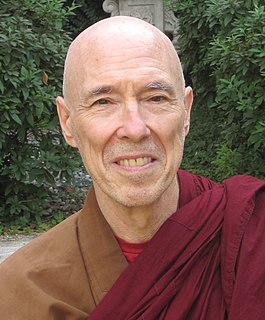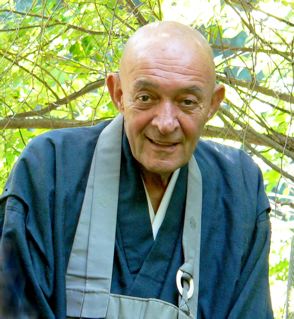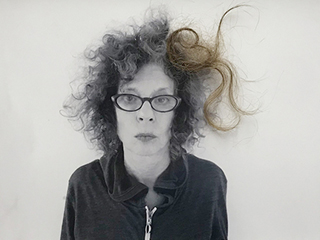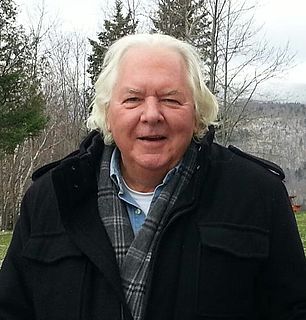A Quote by Ben Okri
At the heart of 'The Famished Road' is a philosophical conundrum - for me, an essential one: what is reality? Everybody's reality is subjective; it's conditioned by upbringing, ideas, temperament, religion, what's happened to you.
Related Quotes
Language can't describe reality. Literature has no stable reference, no real meaning. Each reader's interpretation is equally valid, more important than the author's intention. In fact, nothing in life has meaning. Reality is subjective. Values and truths are subjective. Life itself is a kind of illusion. Blah, blah, blah, let's have another scotch.
In anything really, it's finding the reality. You can't be 'real,' but you can create a reality. And that created reality is what the audience believes in. And that's essential. Because if the audience doesn't believe that, they're never going to trust you. And if they don't trust you, you can't lead them up the mountain.
If everybody would agree that their current reality is A reality, and that what we essentially share is our capacity for constructing a reality, then perhaps we could all agree on a meta-agreement for computing a reality that would mean survival and dignity for everyone on the planet, rather than each group being sold on a particular way of doing things.
This is an important distinction, because most of the modern philosophies that deny that we can know reality, and ultimately truth, make the mistake of constructing epistemological systems to explain how we know reality without first acknowledging the fact that we do know reality. After they begin within the mind and find they can't construct a bridge to reality, they then declare that we can't know reality. It is like drawing a faulty road map before looking at the roads, then declaring that we can't know how to get from Chicago to New York!







































